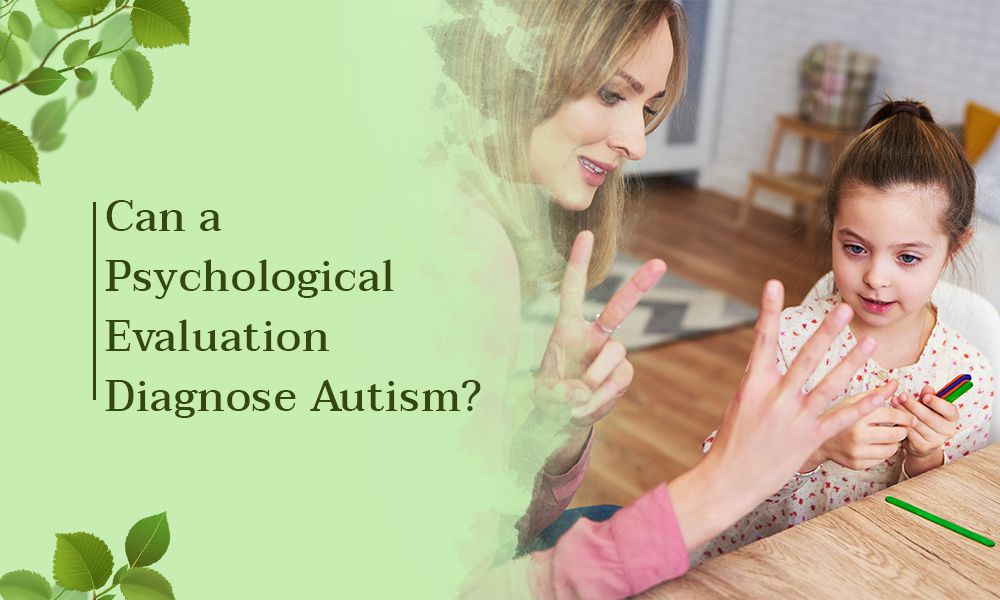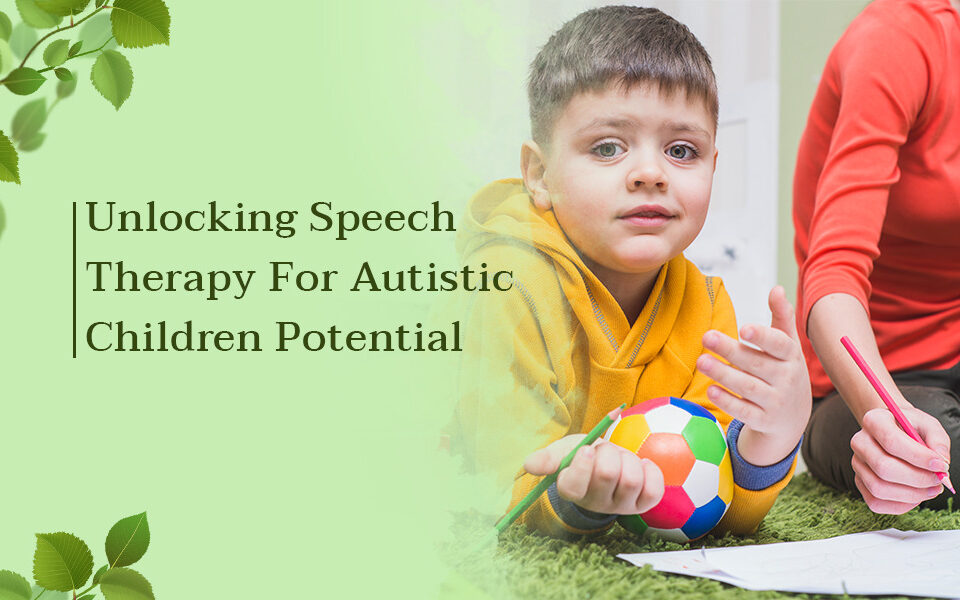- Jofa Tower 5th floor, SB-23, Block 13 C, Main University Rd, Gulshan-e-Iqbal, Karachi.
- +92 322 3746726
- tis@transformation.com.pk
Can a Psychological Evaluation Diagnose Autism?

The Effects of Drug Addiction
October 19, 2023
Tips for Choosing the Best Neurologist
November 2, 2023A neurodevelopmental illness called autism spectrum disorder (ASD) impairs behavior, social interaction, and communication. It is a complicated disorder whose severity and mode of manifestation vary greatly. Although it is one of the resources that can be employed in diagnosing autism spectrum disorder (ASD), an evaluation of psychology is not the only way to conclude. A multidisciplinary team of experts, including clinical psychologists, pediatricians, psychiatrists, and developmental specialists, normally conducts a thorough assessment to diagnose autism.
Measures for Assessment
During a psychological assessmentfor ASD, three main groups of tests are frequently used: cognitive testing, adaptive behavior testing, and autism-specific exams. Each of these areas contains a wide range of possible exams. The psychologist will choose tests that are appropriate for your child's age and skill level.
Cognitive Testing:
In a cognitive test, the child's language and problem-solving abilities are typically evaluated. This might be a component of a developmental assessment for very young children that also looks at their motor, verbal, and cognitive abilities. Children in preschool and school age may take an IQ test. An IQ test, also known as an intelligence quotient exam, measures a child's current cognitive ability in comparison to other kids of the same age. It frequently assesses both verbal and nonverbal problem-solving abilities.
Adaptive Behavior:
Adaptive Behavior measures use questionnaires or interviews with people who are extremely familiar with the kid's skills to determine how well a child has mastered the demands of life skills or daily living chores for his or her age.

Autism-Specific Assessments:
This category includes parent interviews, behavior checklists, and scheduled child activities. These methods give psychologists the ability to learn more about and/or observe the crucial components needed to diagnose ASD: social interaction, communication abilities, repetitive behaviors, and constrained interests.
All of these assessment components are important to the diagnostic process. They also provide valuable information for designing educational and treatment plans.
The Process of Psychological Evaluation
Parent Interview:
They obtain information about the individual being assessed and their parent or caregiver's developmental history, behaviors, and any concerns from the individual being assessed and their parents or caregivers.
Child Assessment:
This portion of the evaluation usually involves behavioral observations and the administration of standardized tests. Cognitive abilities, adaptive behavior, and particular ASD examinations are the three main areas in which the psychologist may provide tests. We'll talk more about these measures below. If the psychologist thinks the additional tests will help them better understand your kid, they may ask your child to do some tests (such as fine motor, attention, and memory) at this time. Depending on your child's age and ability, this process may take two or three hours. Your youngster and the psychologist will be working together for a while. You should bring comfort items and food for you and your child for this part of the lesson. It can be useful to explain this to your child in advance because most of the tests will appear like "play" to them.
Feedback Session:
The psychologist will meet with you for a feedback session following the assessment. The psychologist will discuss the assessment findings and the diagnosis with you during the feedback session. Normally, this takes an hour. An ASD diagnosis is based on historical events, test outcomes, behavioral observations, and the psychologist's clinical judgment. The psychologist might provide you with a copy of their recommendations at this point. You must ask inquiries at this point. Normally, you will receive a formal, comprehensive written report. The psychologist for your child might also be able to tell you about useful resources.
The Value of Psychological Evaluations in the Case of ASD
- Psychological testing can be used to determine whether ASD symptoms are present and how severe they are, as well as to gather important data for well-thought-out intervention plans. A thorough psychiatric evaluation can:
- Give a precise diagnosis: The symptoms of autism are very diverse, and the illness is complex. A comprehensive assessment can determine whether ASD is present and rule out diseases like attention-deficit/hyperactivity disorder (ADHD), anxiety, or depression that may present with similar symptoms.
- Help with treatment planning: After an ASD diagnosis is made, psychological testing can provide important details about the unique strengths and limitations of the affected person. This data can direct the creation of tailored therapies that cater to the particular requirements of every individual with ASD.
- Assess progress: Psychological testing is a useful tool for tracking development over time and assessing how well therapies are working. This information can help clinicians and parents make informed decisions about the most appropriate next steps.
It is essential to remember that autism is a complicated and varied disorder and that getting a diagnosis can be difficult. Therefore, it often requires a multidisciplinary approach, with input from various professionals to ensure an accurate and comprehensive assessment. A psychological assessment is but one part of this more comprehensive evaluation procedure. It is best to get assessment and advice from licensed healthcare experts who specialize in developmental disorders if you or someone you know is worried about autism.




